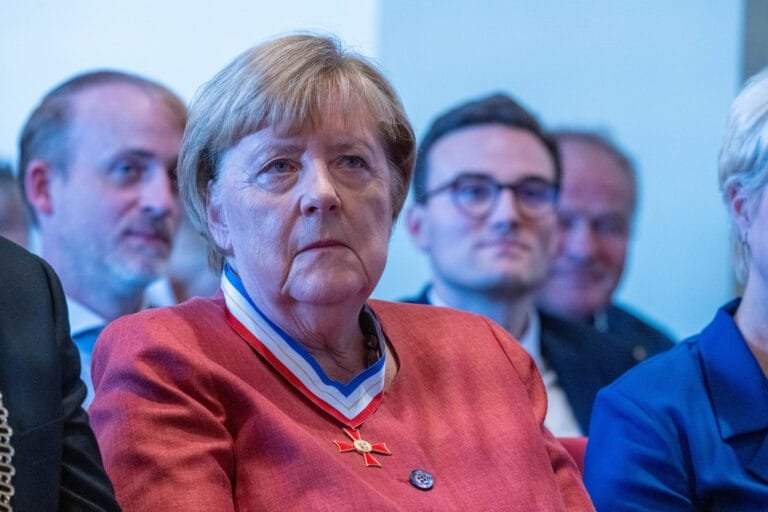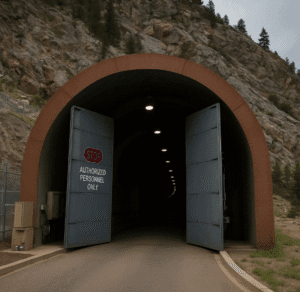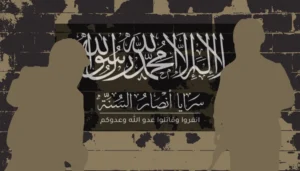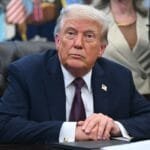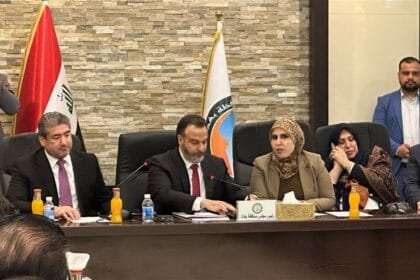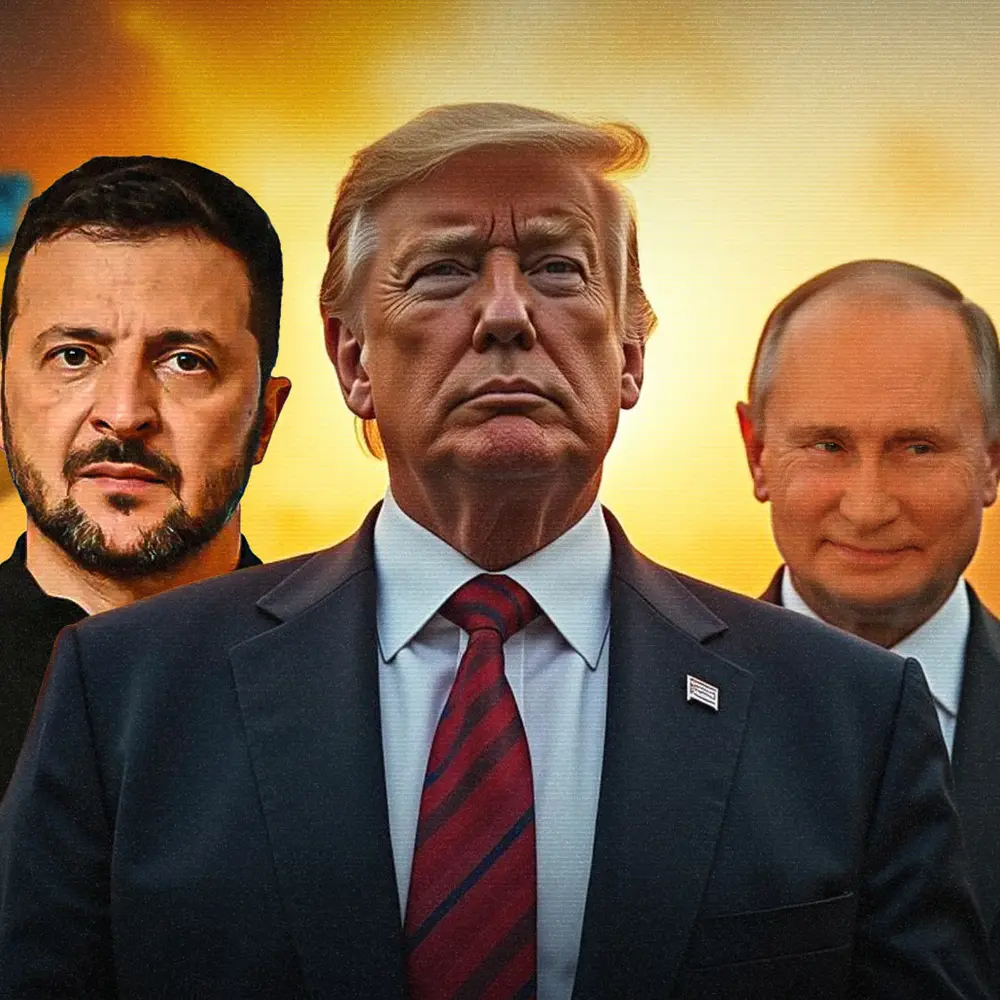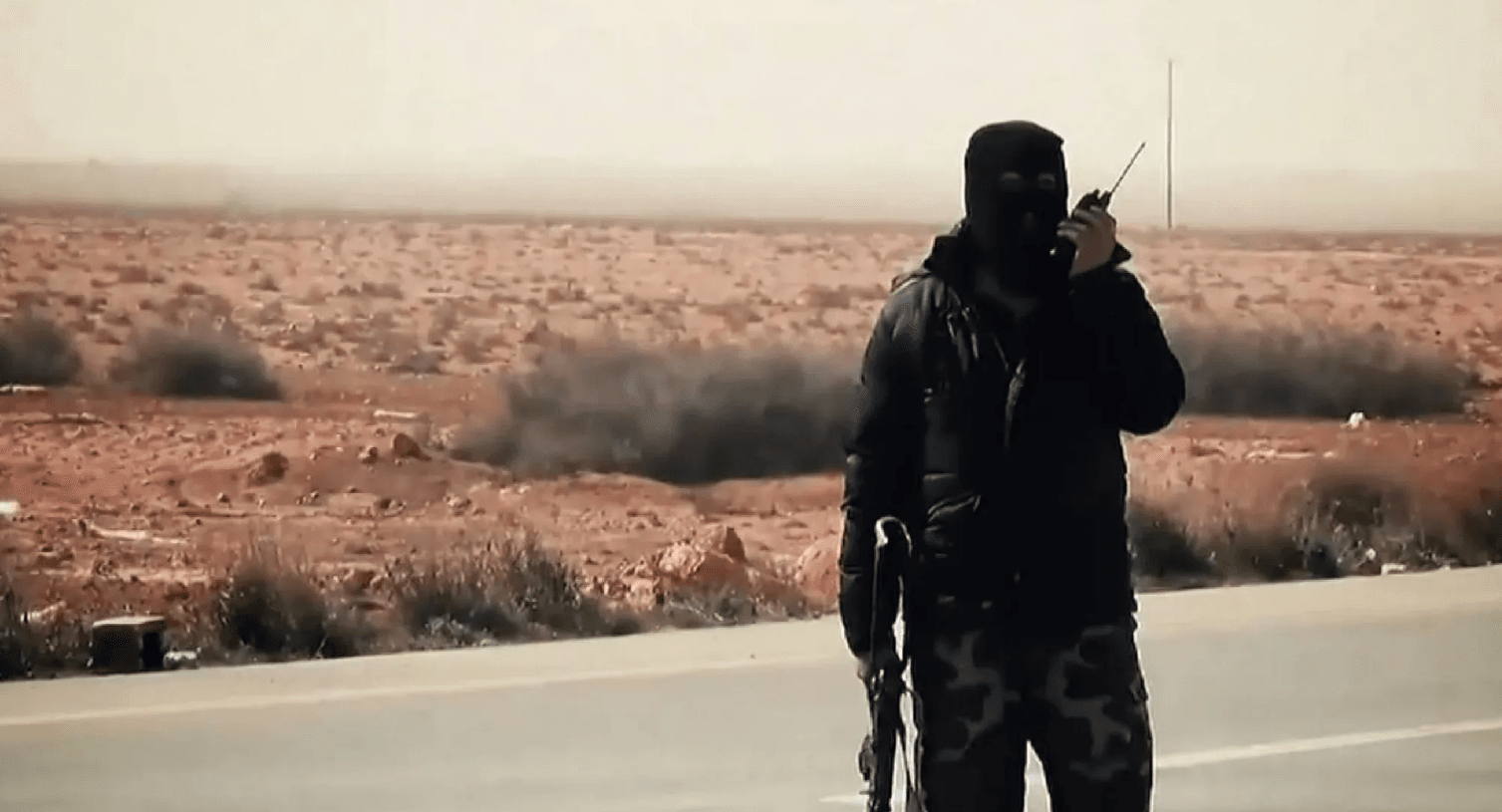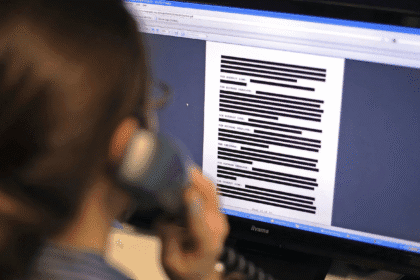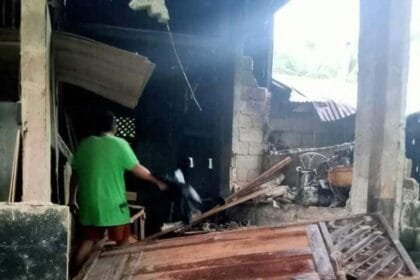Berlin, Germany – Former German Chancellor Angela Merkel revealed that, before the Russian attack on Ukraine in February 2022, she wanted to establish a closer dialogue between the European Union and Russian President Vladimir Putin.
In an interview with the Hungarian news portal Partizan, Angela Merkel said she was seeking at the time, in cooperation with French President Emmanuel Macron, to create a new format for dialogue in the summer of 2021. The goal was “so that we can talk to Putin directly as the European Union”.
The politician, who belongs to Chancellor Friedrich Merz’s Christian Democratic Party, added that she felt at the time that “the Minsk Agreement was no longer taken seriously”.
Merkel believed that negotiating the “Minsk Agreement” was the right step.
But the Corona pandemic did not give us any possibility to speak directly with Putin. This had a very bad impact on subsequent developments.
It is noteworthy that the Minsk Agreement was reached in 2015. It aimed at ending the battles taking place in eastern Ukraine at that time.
Merkel pointed out that the idea of holding direct talks between the European Union and Putin “did not receive support from some parties, especially from the Baltic states”.
And also from Poland because it feared that we would not pursue a common policy towards Russia.
She continued: “My opinion was that we should work towards a common policy, but that did not happen. Then I left office, and after that Putin’s aggression began. Today we will not be able to explain what would have happened if this had happened.
Estonia: ‘impudent’ statements
For his part, Estonian Foreign Minister Margus Tsakhna rejected Merkel’s statements, describing them as “rude and incorrect”.
He said in a statement issued by the Ministry of Foreign Affairs in Tallinn that the real reason “behind the comprehensive Russian aggression is Putin’s inability to accept the collapse of the Soviet Union”. In addition, the previous desire of Western countries to negotiate with him and ignore his actions contributed.
The Estonian minister believed that previous wars, such as the Georgia war in 2008 and the annexation of Crimea in 2014, did not receive strong reactions from the West.
“In our region, the true nature of Russia was recognized early on,” Tsakhna said. The dangers coming from it were warned, but the vast majority of Western countries preferred to ignore this.
The Estonian minister accused Germany, under Merkel’s leadership, of misjudging the consequences of economic cooperation with Russia.
He added that it contributed to Europe remaining dependent on Russian energy by opening the Nord Stream gas pipeline project.
In the same context, Merkel’s statements were also met with criticism from Latvia and Lithuania.
A journalist from the Hungarian portal conducted the interview with Merkel and published it online a few days ago.
Merkel visited the Hungarian capital, Budapest, earlier this month to promote the Hungarian version of her memoirs.
Merkel’s spokeswoman said on Monday that the former chancellor’s statements were “not new”.
She noted that she had spoken in June 2022 in almost the same way about the situation that existed in June 2021.
But she did not mention at the time the position of the Baltic states and Poland on dialogue with Putin.




